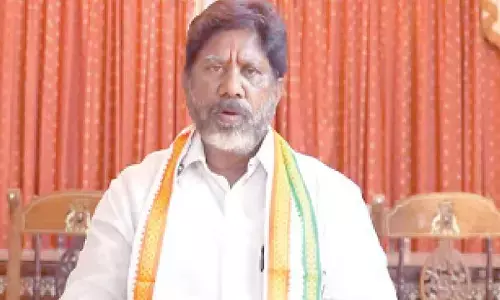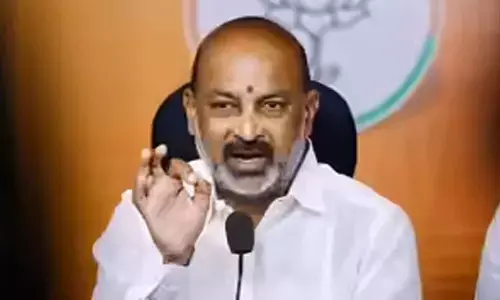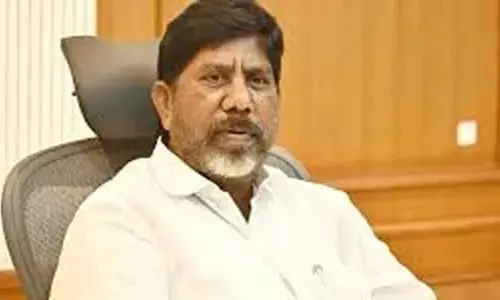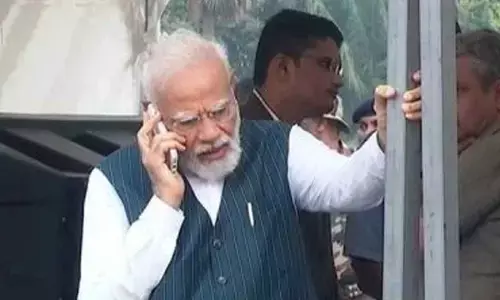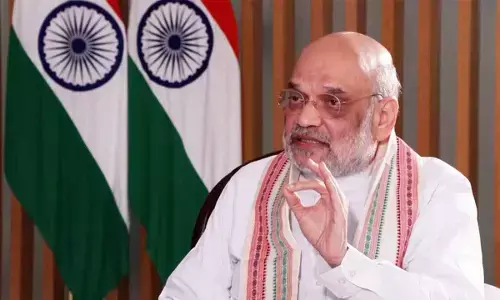Trump moves to scrap trade privilege for India, Delhi plays down impact
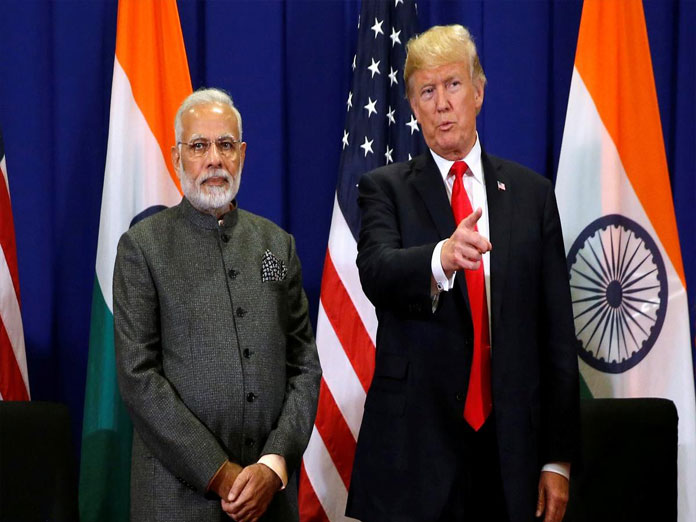
US President Donald Trump looked set to open a new front in his trade wars with a plan to end preferential trade treatment for India that allows dutyfree entry for up to 56 billion worth of its exports to the United States
WASHINGTON/NEW DELHI: U.S. President Donald Trump looked set to open a new front in his trade wars with a plan to end preferential trade treatment for India that allows duty-free entry for up to $5.6 billion worth of its exports to the United States.
Monday’s move comes as trade tensions between the United States and India mount. The United States is trying to rework pacts with a number of other countries as well, including China. Trump has said weak deals have cost millions of American jobs and has vowed to cut U.S. trade deficits.
India played down the impact, saying it was keeping retaliatory tariffs out of its talks with the United States, but the opposition could seize on the issue to embarrass Prime Minister Narendra Modi ahead of general elections this year.
Trump has repeatedly called out India for its high tariffs, and U.S. trade officials said scrapping the concessions would take at least 60 days after notifications to Congress and the Indian government.
“I am taking this step because, after intensive engagement between the United States and the government of India, I have determined that India has not assured the United States that it will provide equitable and reasonable access to the markets of India,” Trump told congressional leaders in a letter.
India is the world’s largest beneficiary of the Generalized System of Preferences (GSP), which dates from the 1970s, and ending its participation would be the strongest punitive action the United States has taken against the country since Trump took office.
Reuters last month reported the planned U.S. action, which comes as the United States and China appear close to a deal to roll back U.S. tariffs on at least $200 billion worth of Chinese goods.
“Discussions are on with the United States, and given cordial and strong ties, (we are) keeping retaliatory tariffs out of it,” Commerce Secretary Anup Wadhawan said in New Delhi.
The preferential treatment brought India an annual “actual benefit” of just $190 million, he told reporters.
Of the 3,700 products covered, India used the concession for just 1,784, Wadhawan added.
“The benefit to industry is low, U.S. tariffs are already low,” said another government official, who spoke on condition of anonymity. “GSP is more symbolic of the strategic relationship, not in value terms.”
Still, some expect the move to ratchet up pressure on India to address U.S. concerns.
“The Indian government hasn’t engaged enough to address market access issues,” said Chuck Grassley, a Republican from Iowa and Chairman of the Senate Finance Committee. “For the sake of the many Americans and Indians who relied on GSP benefits, I hope that India will work to quickly address these legitimate concerns.”
POLITICAL PRICE
Despite its limited impact, the GSP removal could hurt Modi’s Hindu nationalist ruling party ahead of the election, expected in the next couple of months.
“It can become a political issue in an election year,” said the official who declined to be named.
Modi’s own relationship with Trump has been limited, with their meetings less frequent than those of Chinese President Xi Jinping with Trump, for example.
Trade ties with the United States suffered after India adopted new rules on e-commerce curbing how internet retail majors Amazon.com Inc and Walmart Inc-backed Flipkart do business.
That followed a drive by New Delhi to force global card payments companies such as Mastercard Inc and Visa Inc to move their data to India and higher tariffs on electronic products and smartphones.
In 2017, the United States protested against India’s decision to cap prices of medical devices.
Last week, India delayed until April 1 higher tariffs on some U.S. imports announced in response to a U.S. refusal to exempt it from new steel and aluminium tariffs.
“Despite intensive engagement, India has failed to take the necessary steps to meet the GSP criterion,” USTR said. The agency estimates the United States ran a goods and services trade deficit of $27.3 billion with India in 2017.
India’s top GSP exports to the United States in 2017 included motor vehicle parts, ferro alloys, precious metal jewellery, building stone, insulated cables and wires, said business grouping the Confederation of Indian Industry.
“Some industries which are highly export-oriented to the American markets would be impacted, like pharma or textiles,” said Siddharth Sedani, equity advisory head at brokerage Anand Rathi.
India’s falling trade deficit with the United States is estimated to have narrowed by more than $4 billion in 2018, the trade ministry said, adding it would fall further on growing demand for energy and civilian aircraft.


